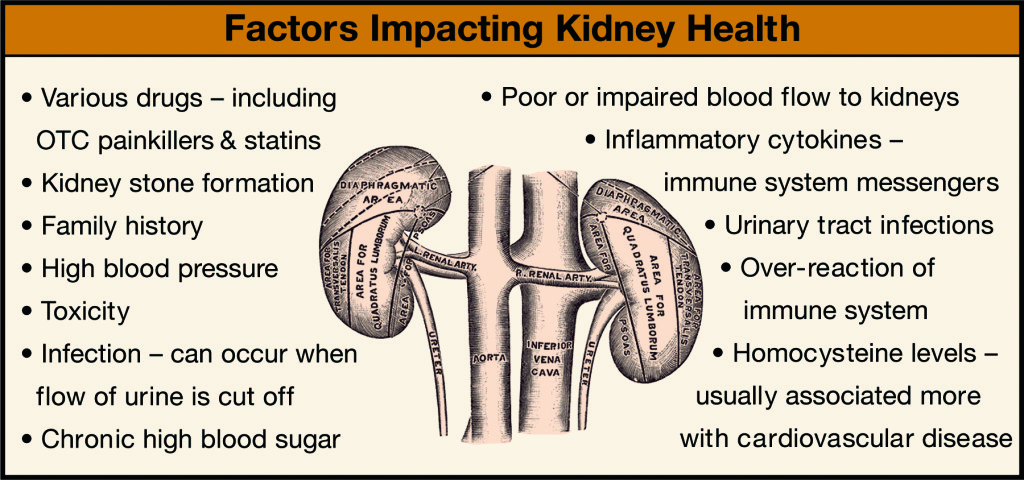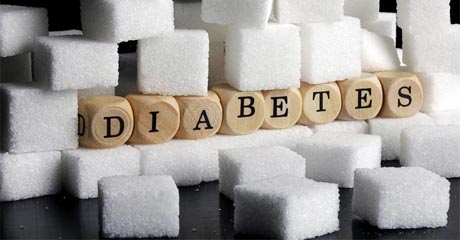Kidney Health and Blood Sugar
Kidney Health and Blood Sugar
The connection between hypertension and blood glucose is even more insidious than it seems. When you think of hypertension the organs that come into your mind are probably the kidney, then the heart. The kidney refused to regulate the amount of blood sugar. A lot of it got deposited on the walls of blood tissue resulting in some unregulated pressure for this life fluid.
Hypertension often accompanies diabetes in the event of chronic hyperglycemia. Clearly then, the relationship between elevated blood glucose, hyperinsulinemia and kidney health is a complicated one. You probably understand how crucial the kidneys are in maintaining the balance in the body system. The organ plays an essential regulatory role in creating the body’s equilibrium through osmoregulation.
With diabetes, the kidneys are at risk. Yes they often help in releasing of glucose into the blood circulation via a process known as gluconeogenesis, lead the uptake of glucose from the circulation to satisfy the body’s energy needs, and then help reabsorb blood sugar at the point of the proximal tubule. But diabetes can often cause this vital osmoregulatory system to break down.
This happens when the high levels of blood sugar damages the kidneys rendering them dysfunctional. When the kidneys fail they are not able to filter out waste from the blood any more. This may often lead to kidney disease (nephropathy) with time.

Where does the sugar come from?
The diet! Organ failure. Related disorders. Genetics. Lifestyle choices such as exercise and lack of it. All these factors bring the excess sugar into your blood. Any of these factors may be responsible for a diabetic condition. This path is however a long one. One does not simply wake up one morning and have diabetes.
Of all these factors, the diet is the major root cause of diabetes. Statistics show that the contemporary world populations take a lot of sugar in their diet. Try to imagine how much soda you take in a week, how much peanut butter you consume, yoghurt, crackers, ketchup…and the list may go on and on.
America alone was last estimated to have its population consume 156 pounds of sugar every year each person. Among these ponds of sugar consumed, soft drinks alone was found to take up 33 percent of the total sugar intake.
Depending with which type of diabetes is in question, the causes are different. Diabetes type 1, for instance is caused by the presence of insufficient insulin in the victim’s body. This involves a condition where for some reason the pancreas failed to produce insulin. Most likely this is caused by some hereditary condition. It may be a case of autoimmunity.
Insulin resistance on the other hand results into the diabetes type 2. This takes time. You take that sugar of yours over time. You are warned about it. Even the doctor tries to prescribe for you a healthier alternative but you remain adamant on the soda and ice-cream routine. So as time goes by, you develop an addiction to sugar. You sometimes see the syndromes coming but you just cannot quit the wrong path.
What happens in the end is the presence of too much sugar in your blood that the organs responsible for its regulation can no longer control it for you. Your kidneys’ nephrons get overworked by having to filter too much blood due to the presence of excess glucose in the bloodstream. So with time, this added work exerts a lot of pressure on these kidney tubules forcing them to lose that filtering ability. As a result, no reabsorption of glucose takes place at the proximal tubule resulting in a very high blood sugar level.
The endocrine mechanism
This blood sugar regulation process involves a complex system of hormone balance. Insulin and Glucagon are the two major hormones involved here. In fact diabetes can more accurately be viewed not as a sugar disease, but rather an insulin disorder. Insulin is responsible for promoting the absorption of glucose from the blood to skeletal muscles and fat tissue. The hormone also causes the fat to be stored in that form instead of being hydrolyzed for energy production. This way hormone insulin regulates the metabolism of carbohydrates and fats.
Insulin is a peptide hormone made by the pancreatic beta cells. It allows the body therefore to use sugar/glucose contained in carbohydrates in the diet to synthesize energy. Alternatively it helps to store glucose for future use in inert form. As such, Insulin helps keep the blood sugar levels from getting too high, a condition referred to as hyperglycemia, or low; a condition known as hypoglycemia.
 Blood sugar is root-controlled by 3 major organs; pancreas, liver and the adrenal glands, given the fact that adrenaline, thyroxin and cortisol are also involved.
Blood sugar is root-controlled by 3 major organs; pancreas, liver and the adrenal glands, given the fact that adrenaline, thyroxin and cortisol are also involved.
Hypoglycemic conditions stimulate the adrenals and the liver to produce a counter effect with the help of their respective hormones. The adrenal glands increase the production of hormone cortisol which prompts the liver to raise blood sugar levels. In this process of trying to arrest the situation, the increased cortisol eventually leads to weight gain by cortisol mobilizing fat in the body. This causes the fat to settle in the abdomen making it fatter.
Problems posed by the sugar
With the increased sugar levels, diabetes is not the only adversary you are facing. There is more than just the diabetes. Rather, you are faced with an increased cardiovascular disease, obesity, nutrient deficiencies including a reduced level of the essential B vitamins. Dysfunctions related to blood sugar dysregulation are also common. You may also encounter strokes, metabolic syndrome, oxidative stress and a possible adrenal or pancreatic dysfunction.
Physical signs for the blood sugar issue?
Rising blood pressure may be a sign of a cardiovascular problem. You may also experience adult acne, slow healing of wounds, white patches on inside of your cheek, cataracts and sometimes chronic bladder infections.
The good news is that there is a relatively simple way of improving all these conditions at the same time. AwareMed recommends that you follow a reduced-carbohydrate diet that includes plenty of fresh, potassium-rich vegetables, low-glycemic fruits and healthy fats—the latter of which have virtually no effect on glucose and insulin levels.
Kidney Health and Blood Sugar









 Most of the time when a person becomes addicted to a drug he will begin to feel sick, generally an addict is never in good health and that is why most of them may have certain strange behaviors such as irritability and even slurred speech. The reason for this is that when a person takes drugs that are rewarding in nature he will be compelled to increase the doses day by day so as to get the euphoric feeling they seek in drugs. Even the drugs that are used in pain management like the opiates have specified dosages beyond the patient will not only get addicted to the drug but will suffer other diseases that come with overdose of such drugs. Drugs of abuse majorly affect the neurotransmitter and this will be extended to the
Most of the time when a person becomes addicted to a drug he will begin to feel sick, generally an addict is never in good health and that is why most of them may have certain strange behaviors such as irritability and even slurred speech. The reason for this is that when a person takes drugs that are rewarding in nature he will be compelled to increase the doses day by day so as to get the euphoric feeling they seek in drugs. Even the drugs that are used in pain management like the opiates have specified dosages beyond the patient will not only get addicted to the drug but will suffer other diseases that come with overdose of such drugs. Drugs of abuse majorly affect the neurotransmitter and this will be extended to the 





